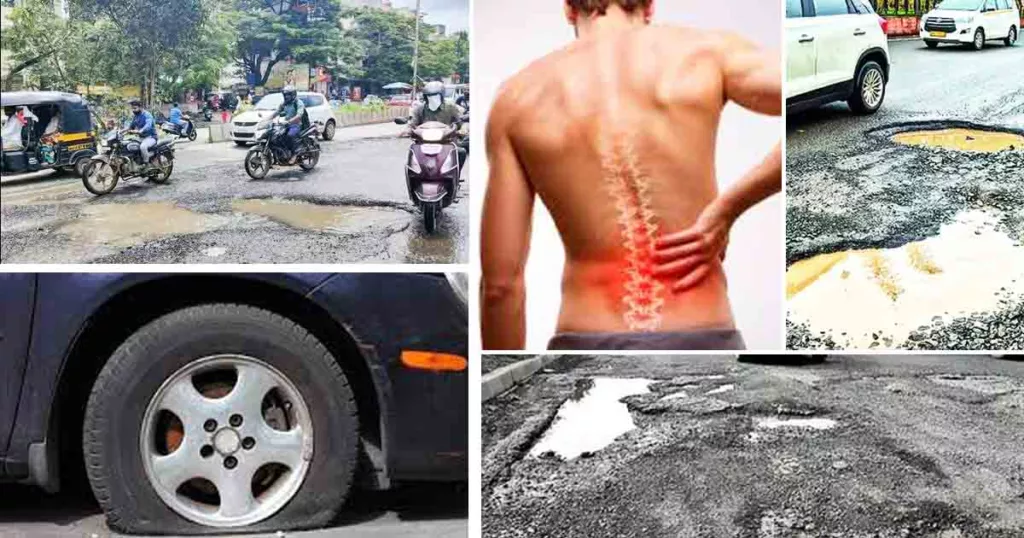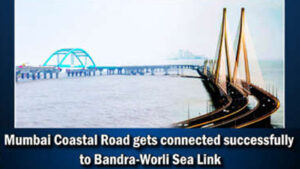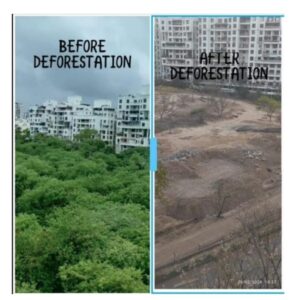“Pune Residents Shed Light on Perils of Driving on Deteriorating Roads: Health, Vehicle Damage, and Safety Concerns”

Several concerned residents of Pune have raised their voices to highlight the adverse consequences of navigating the city’s deteriorating road infrastructure on human health, vehicle maintenance, and overall safety.
Speaking with Pune Pulse, Vikrant Latkar, a resident of Navi Peth, expressed his concerns, saying, “Frequent encounters with pothole-ridden roads take a toll on individuals. When a vehicle, whether it’s a two-wheeler or four-wheeler, traverses a pothole, the shock is absorbed by the driver, especially if they are carrying any load. Dodging potholes can also lead to accidents, and I’ve witnessed two such incidents myself. Moreover, during the rainy season, waterlogging makes potholes and streets less visible, complicating driving and making sudden braking perilous.”
Raja Subramani, a Viman Nagar resident, added, “Repeated efforts to dodge potholes can have a severe impact on a person’s spine. Two-wheeled vehicles are particularly vulnerable, as evading potholes can lead to slips and falls, resulting in accidents.”
Monica S, residing in Kalyani Nagar, painted a vivid picture of the ordeal, saying, “Driving on deteriorating roads feels like an unending rollercoaster ride. The constant bumps, jerks, and vibrations not only make travel uncomfortable but also physically taxing. It’s a recipe for backaches, muscle strains, and stress. The vehicle itself undergoes wear and tear, with tires and suspensions deteriorating faster. We urgently need safer and smoother roads for our well-being and to extend the life of our vehicles. It’s high time we invest in better infrastructure for everyone’s benefit.”
According to additional insights shared by concerned residents, the following issues arise from driving on poorly maintained roads:
Physical Discomfort and Fatigue:
Uneven roads cause physical discomfort, particularly for individuals with preexisting back or neck problems. Constant jolts and bouncing can lead to muscle strains, headaches, and fatigue. Extended exposure to such conditions may even result in chronic pain.
Reduced Visibility:
Potholes and standing water create visual obstacles, hindering drivers’ ability to spot pedestrians, other vehicles, and road signs. Reduced visibility increases the risk of accidents.
Tire Damage:
Navigating through puddles and potholes can cause tires to lose air pressure or become damaged, resulting in blowouts or reduced traction. This makes steering and braking more challenging, especially in wet or slippery conditions.
Decreased Fuel Efficiency:
Vehicles consume more fuel on damaged roads due to increased resistance from potholes, gravel, and water. This leads to higher fuel expenses and contributes to environmental emissions.
Loss of Control:
Hydroplaning, where tires lose contact with the road surface, can occur at high speeds, even on shallow water patches. This increases the risk of losing control, skidding, or fishtailing, ultimately elevating the chances of accidents.
Bicycle Safety Hazards:
For cyclists, navigating deteriorating roads is particularly hazardous. Potholes, debris, and slippery surfaces can cause cyclists to lose balance, resulting in falls or collisions with obstacles, leading to injuries or fatalities.
Economic Burden:
Damaged roads escalate maintenance and repair costs for vehicles, alongside increased insurance premiums due to the heightened accident risk. Additionally, businesses relying on road transportation may face logistical challenges, delays, and financial losses.
Ambulance Service Impact:
Patients being transported in an ambulance are significantly affected by poor road conditions. The challenges include:
Higher Costs:
Frequent vehicle repairs due to road damage can increase operational expenses for ambulance services, potentially affecting patients or taxpayers.
Safety Risks:
Ambulance drivers and paramedics may encounter safety risks while navigating deteriorating roads. They could be more susceptible to accidents or injuries while trying to avoid potholes or maneuvering through narrow, winding roads.
Dr. Upendra Sathe, a General Physician and Consultant Gynaecologist & Obstetrician in Vanaz, Pune, emphasized the health risks, stating, “Driving on bad roads can result in various muscular pains. Pregnant women, in particular, are at risk, as sudden physical movements while riding as pillion on a two-wheeler or in a four-wheeler can lead to complications such as abortion or excessive bleeding. Senior citizens with weak bones may also suffer from fractures and related injuries due to road conditions.”










